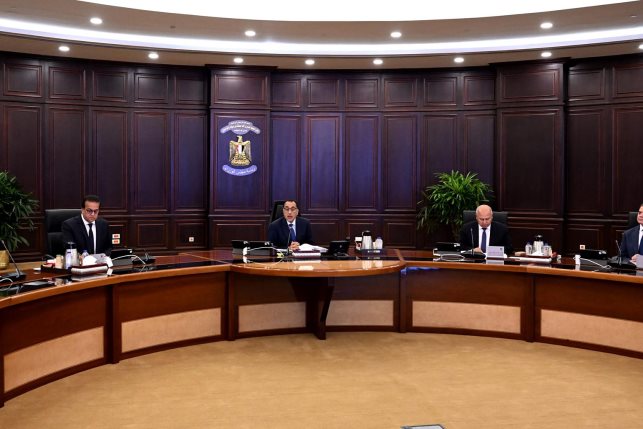Egypt’s trade deficit falls 27.8% in June 2021| CAPMAS
Egypt’s trade deficit fell by 27.8% in June 2021, recording $2.94 billion, reveals Central Agency for Public Mobilization and Statistics

Egypt’s trade deficit fell by 27.8% in June 2021, recording $2.94 billion compared to $4.07 billion in June 2020, reveals Central Agency for Public Mobilization and Statistics (CAPMAS).
Egypt’s non-oil trade deficit increased by 10% in May 2021, reaching $3.34 billion. Exports surged by 80.3% to reach $3.11 billion. Egypt’s non-oil exports saw a 22% year-on-year (YoY) in the first 7 months of 2021, hitting $17.701 billion.
The value of exports in June 2021 climbed by 49.2% year-on-year to hit $3.61 billion, jumping from $2.42 billion in June 2020.
CAPMAS attributed the increase to an increase in the value of certain commodities, including exports of plastics increased by 78%, ready-made garments by 54.6%, pastries and meal preparations by 53.1%, and fresh fruits by 13.8%.
Some commodities saw a decline in value, including exports of soap and detergents dropped by 7.0%, dairy products by 23.7%, frozen vegetables by 8.6%, and perfumes and cosmetics by 29.7%.
In terms of Imports, Egypt’s imports inched up by 0.9% to $6.55 billion in June, compared to $6.49 billion in June 2020.
According to CAPMAS, the decrease in the trade balance deficit was due to the increase in the import value of some commodities including imports of copper and copper-related products grew by 44.4%, passenger vehicles by 35.7%, raw materials of iron and steel by 22.4%, and medicines and pharmaceutical products by 12.4%.
Some commodities dropped in value, including imports of organic and inorganic chemical materials fell by 6.3%, soybeans by 43.1%, meat by 32.2%, and iron ore and its concentrates by 5.3%.
Just shy of meeting its highest rating this year, Egypt’s non-oil private Purchasing Managers’ Index (PMI) hit 49.8 in August, up from 49.1 in July, after seeing increased demand and growing concerns over raw material prices.





